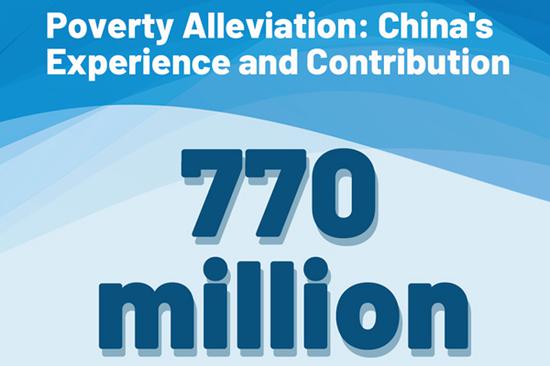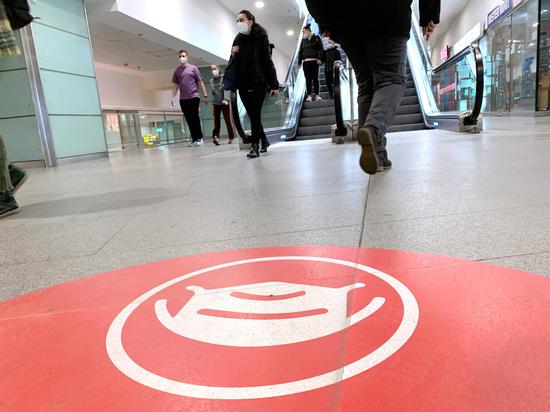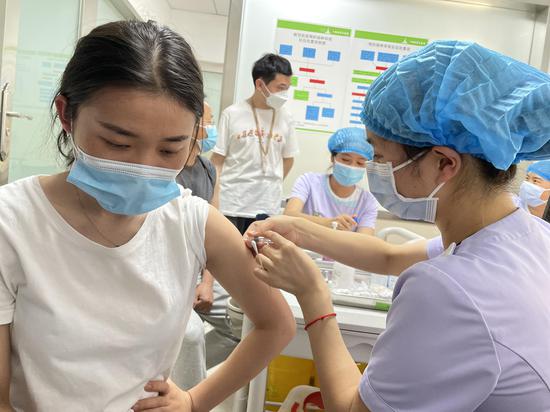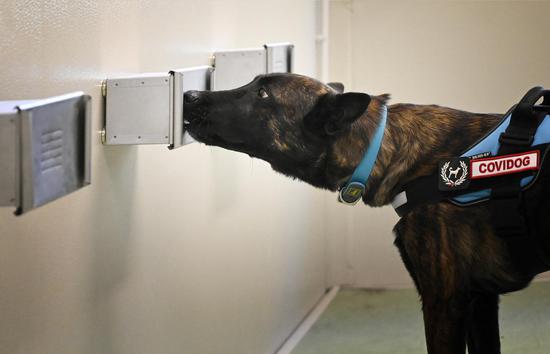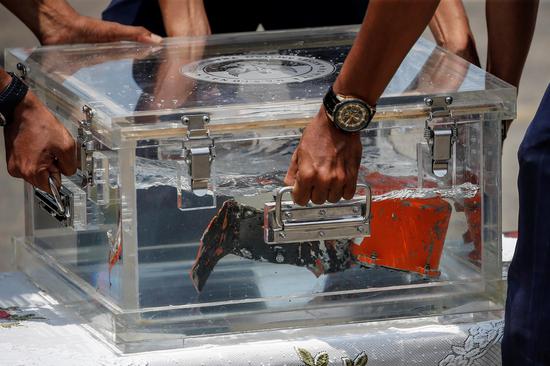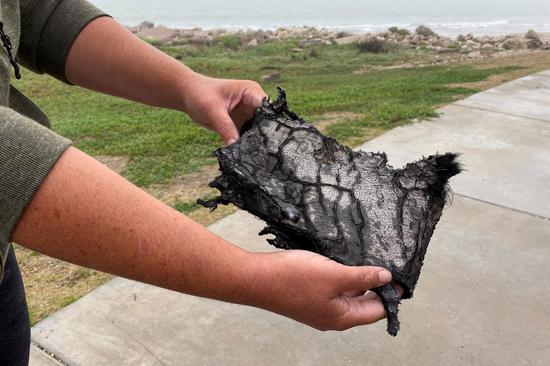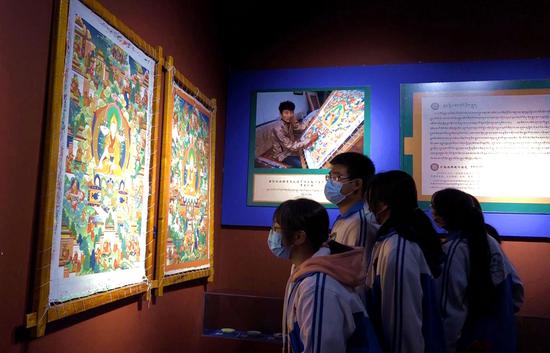Seven researchers with Massachusetts Institute of Technology (MIT) spoke up on the existing inequality and disorder in America's health care system, calling for reflection and changes.
The researchers, with various disciplinary backgrounds including medicine, anthropology, political science, health economics, science writing and medical humanities, put down their opinions in an article published Monday on MIT news website.
Their arguments most conspicuously underscore health inequality in the United States, and the unpreparedness and disarray of the country's health care system as a whole.
"The spread of the virus revealed shortages in basic equipment and hospitals beds, the disproportionate effects of disease on the marginalized, the challenge of prevention rather than cure, the limits of insurance-based models to provide equitable care, and our unacknowledged dependence on the labor of underpaid health care workers," said Dwaipayan Banerjee, MIT's associate professor of science, technology, and society.
The pandemic's greatest significance lies in its revelation of the racism permeating in America's social and economic policy, said Andrea Campbell, professor of political science. "It has been too easy for healthy, financially stable, often white Americans to think the vulnerable are residual."
"The pandemic has revealed the American health care system to be a non-system," said Jeffrey Harris, professor emeritus of economics and a practicing physician, pointing to the uncoordinated occupancy rates in New York hospitals and the country's inability to distribute vaccines efficiently and equitably.
Medical Professor Erica Caple James questioned policymakers who, aware of the fact that disease and death fall disproportionately in marginal populations, make decisions that deepen the risks of vulnerable groups, urging that American health infrastructure should be improved.
Economics Professor Parag Pathak hopes that the pandemic could spur renewed focus on protecting the disadvantaged, who have borne the brunt of COVID-19, while arguing that the East-Asian style, centralized and coordinated health systems are more equipped to manage population health, especially during a pandemic.
African Americans are three times as likely as whites to be infected with the virus, and twice as likely to die from it, according to a report by the National Urban League.
The United States has seen a rise in new cases in 27 states, including cases from new and emerging COVID-19 variants. The seven-day average of new COVID-19 cases now stands at 61,000 cases a day, according to data from the U.S. Centers for Disease Control and Prevention.












